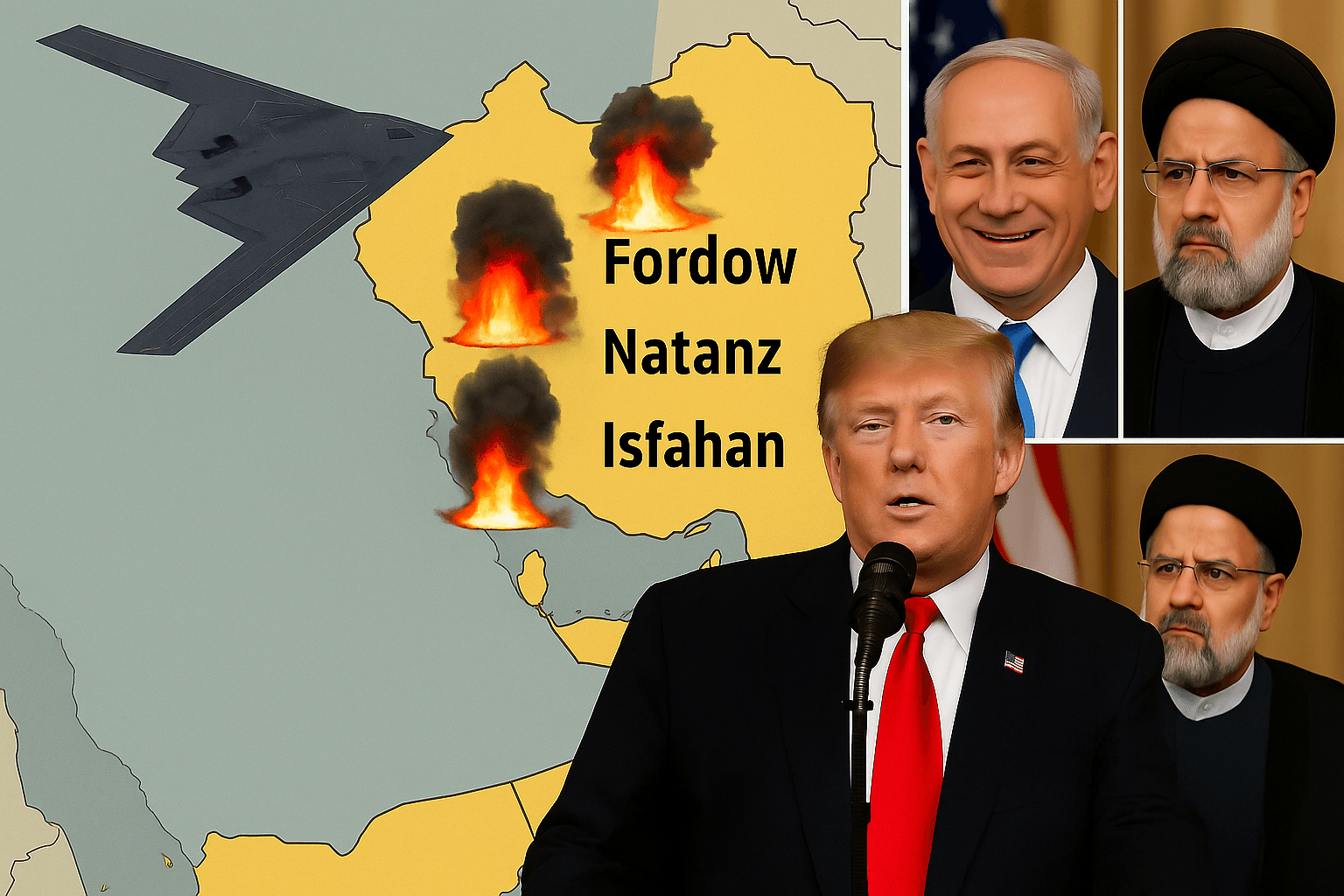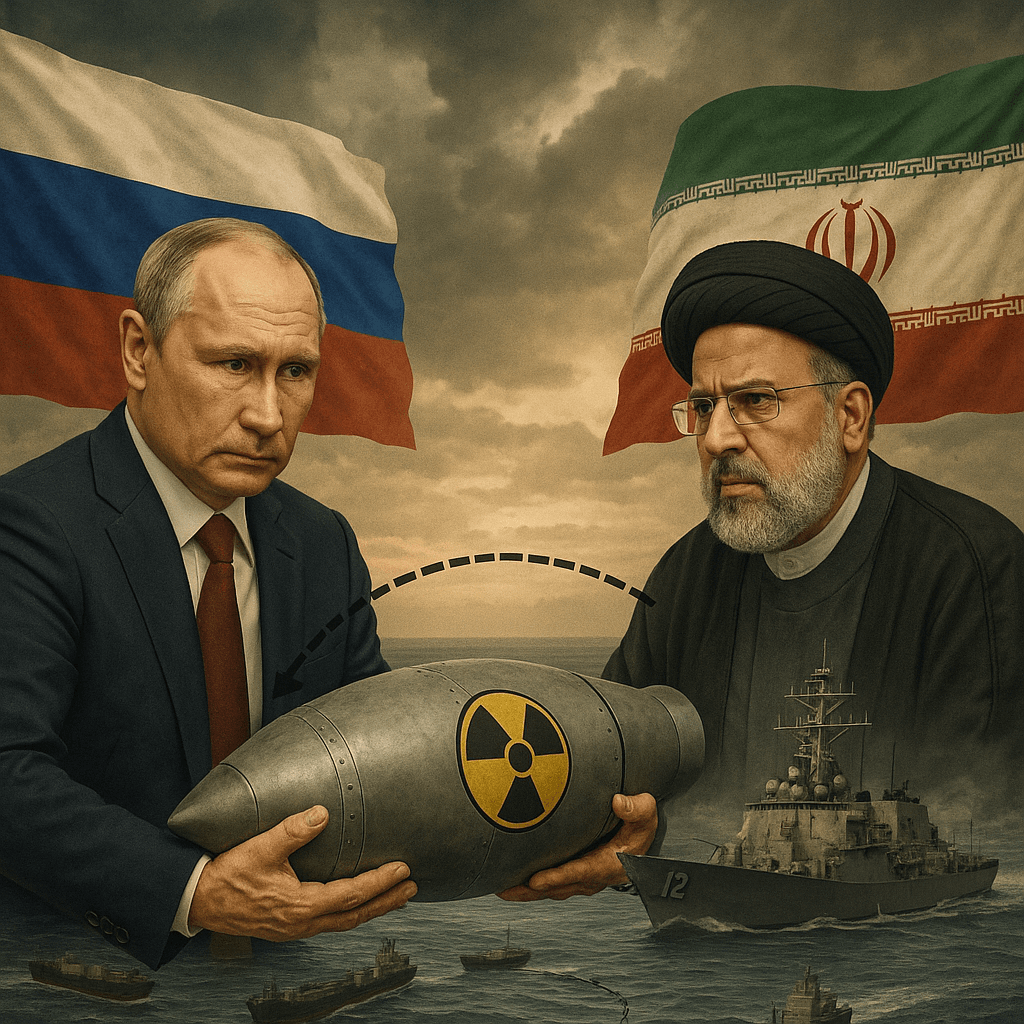On Thursday, June 5, 2025, President Donald Trump enacted far-reaching executive orders that amended and expanded travel restrictions to 19 countries. The decision marks a major coming into force of U.S. immigration policy, presented as a more important national security concern, but which has led to intense debate across America and the world.
The New Travel Ban: Scope and Structure
The new directive sorts countries into three classes according to perceived security risks and U.S. cooperation in vetting procedures:
Red List (Complete Ban):
Citizens of twelve countries are now completely banned from entering any visa category to the U.S. This list includes Afghanistan, Iran, Libya, North Korea, Somalia, Sudan, Syria, Venezuela, Yemen, Cuba, Bhutan, and Iraq.
Orange List (Limited Restrictions):
Seven countries will undergo partial restriction. Tourist and immigration visas will be limited for Belarus, Eritrea, Haiti, Laos, Myanmar, Pakistan, and Russia enhanced security screening and documentation requirements will be applied.
Yellow List (Under Review):
Countries of Angola, Cambodia, and Zimbabwe have 60 days to correct deficiencies in their security. Failure to do so could result in their recategorization under the red or orange list.
U.S. permanent residents, current visa holders, diplomats, and athletes on their way to big sporting events are exempted from the restrictions. Immediate family members with clear evidence of their affiliation could also be granted exemptions.
Political and Legal Context
The policy recalls travel bans from Trump’s first term, which were mired in legal battles but were finally upheld in 2018 by the Supreme Court. This iteration is, however, broader and deigned against a larger array of countries, perhaps in an effort to sidestep the earlier branding of the “Muslim ban.”
The administration cites national security threats as the most important consideration for the bans, including lack of serious visa screening, an overstaying history, and terrorist threats. Detractors contend that these are discriminatory for political purposes against vulnerable communities by waving the banner of security.
International Reactions and Implications
The travel ban has drawn intense international condemnation. Caribbean leaders, for example, wish to understand the impact of the ban on their countries, especially since Cuba and Venezuela currently face total visa suspensions amidst a charged political relationship.
Thus far, the inclusion of Bhutan within this group has raised many eyebrows, especially considering its peaceful international standing. The Bhutanese government has formally requested a review of the decision, pointedly asserting that its citizens do not pose any significant security threat to the U.S.
Much litigation may result before the policy goes into effect on Monday, as human rights groups and countries of origin are set to challenge the policy for violations of international cooperation and discrimination against specific populations. Yet, the administration remains adamant, citing necessary work to safeguard national security and apply immigration mandates.
In the next few weeks, a determination will be made as to the durability of the policy, its consequences for U.S. foreign relations, and its domestic political impacts. The global community waits as a new chapter in U.S. immigration policy unfolds.



